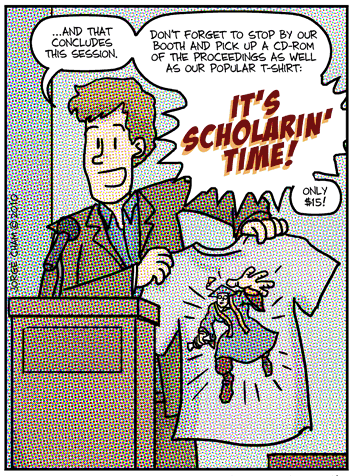Ça planait pas dans sa voix
According to the Guardian,
The Belgian singer Plastic Bertrand has admitted that the voice that gave the world the 1977 Euro-punk anthem Ça Plane Pour Moi was not his. Roger Jouret, the man behind the Plastic Bertrand persona, had previously denied that he was not the singer on the record. But in an interview with the Belgian newspaper Le Soir, he admitted it had been another singer – and laid the blame at the door of his former producer, Lou Deprijck. His admission came a day after a linguist commissioned by a judge concluded that the singer's accent did not match the voice on the record.
Read the rest of this entry »


